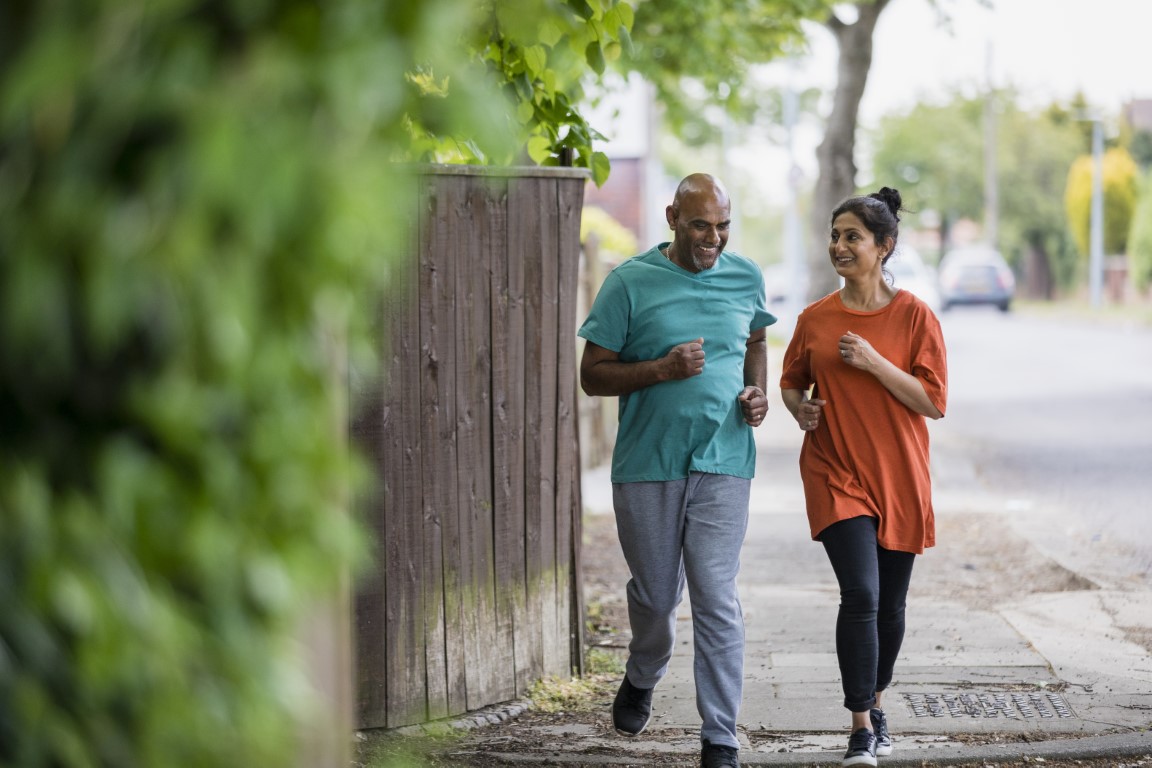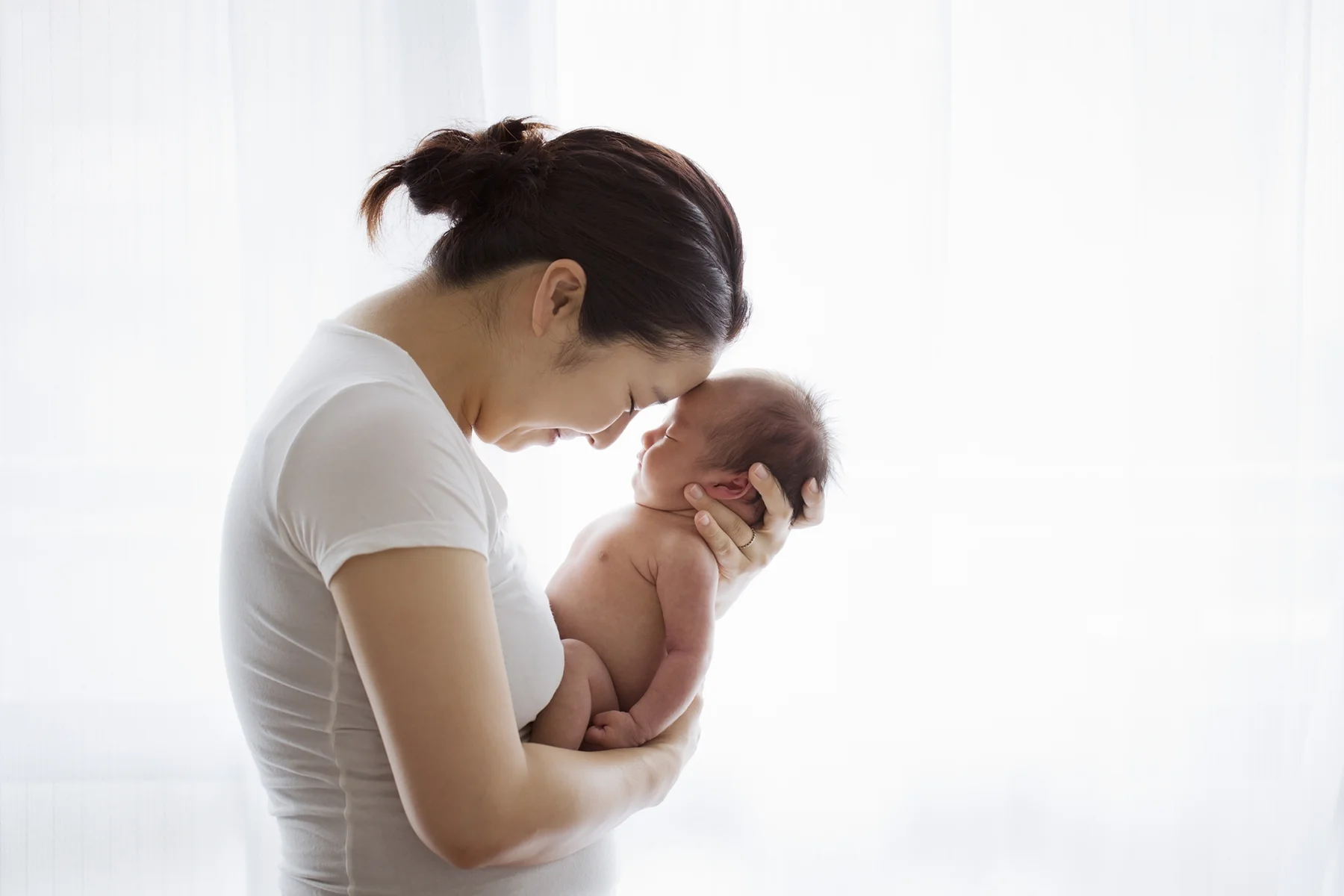Topics
Differences between Influenza, COVID-19, and RSV
Influenza, Coronavirus disease (COVID-19), and Respiratory Syncytial Virus (RSV) are respiratory illnesses that are different in the terms of causes, symptoms and treatments.
- Influenza or the flu is caused by Influenza viruses that infect the nose, throat and sometimes the lungs.
- COVID-19 is caused by the SARS-CoV-2 Virus.
- RSV is caused by the Respiratory Syncytial Virus.
Symptoms of Influenza, COVID-19, and RSV
| Respiratory Illness / Symptoms Frequency | Influenza | COVID-19 | RSV |
| Often |
|
|
|
| Sometimes |
|
|
|
| Rarely |
|
|
|
Some studies report that it is possible to have multiple respiratory illnesses at the same time, including the flu, COVID-19, and RSV. However, more research is needed to determine the chances of co-occurrence.
Diagnosis of Influenza, COVID-19, and RSV
Observe the symptoms
Pay attention to symptoms such as fever, cough, shortness of breath, and wheezing. If you or your child have been in close contact with someone who has been diagnosed with a specific respiratory illness, mention this to your doctor.
Consult a healthcare provider
Your doctor can examine and determine which respiratory illness you or your child is having. In some cases, a diagnostic test may be necessary to confirm the condition.
COVID-19, Flu and RSV combined test
Tests capable of detecting multiple respiratory viruses like COVID-19, flu, and RSV from one sample do exist. These are known as multiplex respiratory panels that can quickly identify the cause of respiratory illness, even if multiple viruses are present. This information can be valuable in determining the appropriate treatment and guiding public health response.
At-home test kits
At-home test kits are available for some respiratory illnesses, including COVID-19 and the flu. These kits usually require collecting a nasal or throat swab. Rapid antigen tests may provide results in a matter of minutes.
However, it is important to note that at-home test kits for respiratory illnesses may have limitations. They may give lower accuracy compared to tests performed by healthcare providers, and may not be appropriate for everyone.
In addition, positive test results from at-home tests should be confirmed by a healthcare provider, who can provide proper treatment and guidance.
Molecular techniques
Molecular tests utilise molecular techniques, such as polymerase chain reaction (PCR) to detect the presence of several different respiratory viruses in one test. These tests can quickly identify the cause of respiratory illness, even if some viruses are present in the sample.
Treatment for Influenza, COVID-19, and RSV
The treatments for Influenza, COVID-19, and RSV according to Centers for Disease Control and Prevention (CDC) and the World Health Organisation (WHO):
| Respiratory Illness | Treatment |
| Influenza (flu) |
|
| COVID-19 |
|
| RSV |
|
Prevention Steps for Protection from Influenza, COVID-19, and RSV
- Get vaccinated against influenza and COVID-
- Encourage your children to wash their hands regularly with soap and water after using the toilet and before meals.
- Avoid close contact with individuals with respiratory illness symptoms, especially those with confirmed cases of flu, COVID-19, or RSV.
- Encourage your children to do wear mask especially when in crowded places.
Make an Appointment at Gleneagles Hospitals
If you or your children experience continuous symptoms of a respiratory illness, it is best to seek medical attention as soon as possible.
Get in touch with us to book an appointment today for a thorough diagnosis and treatment, or visit our Paediatric Care Department at your nearest Gleneagles Hospital.




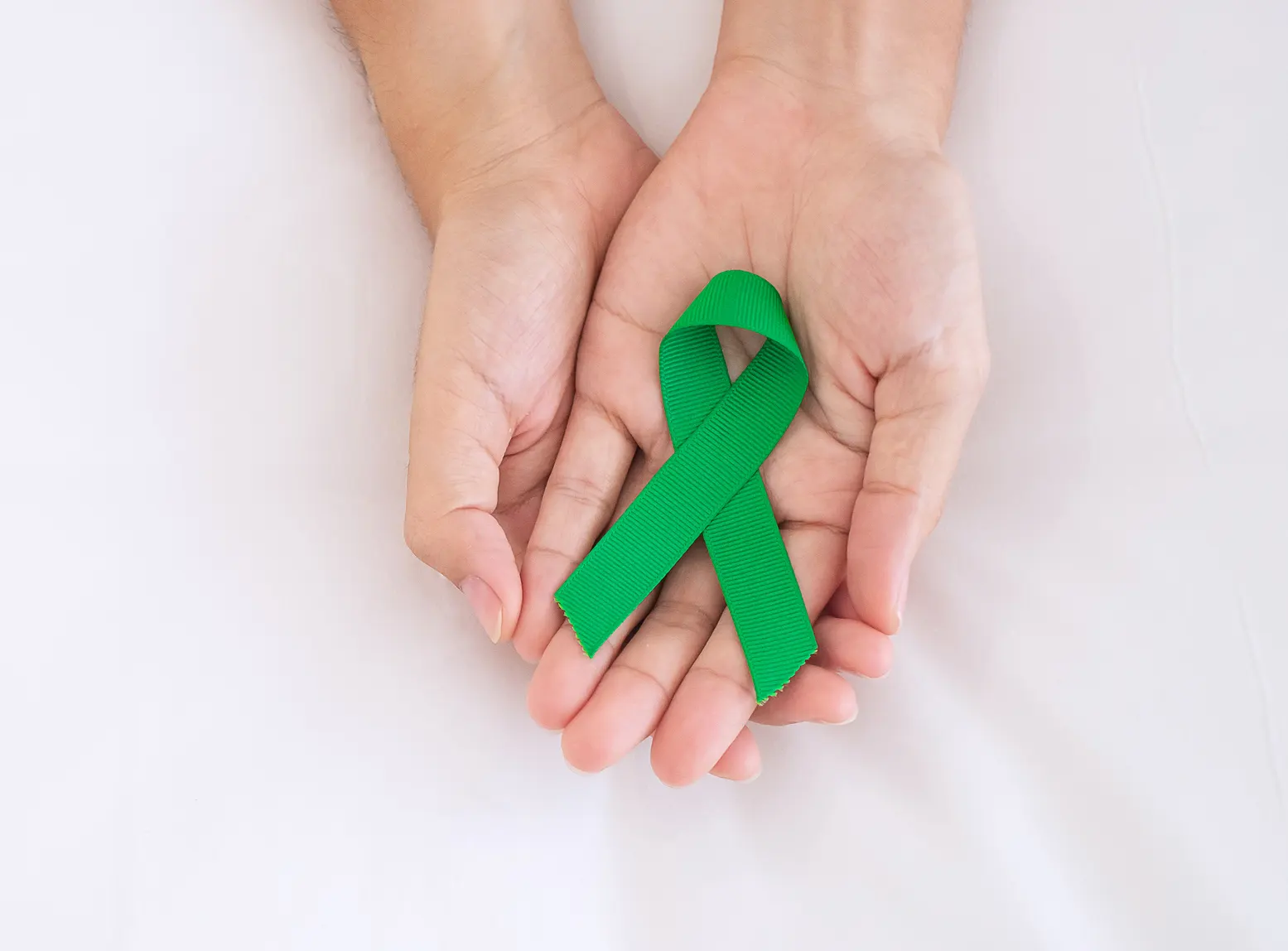




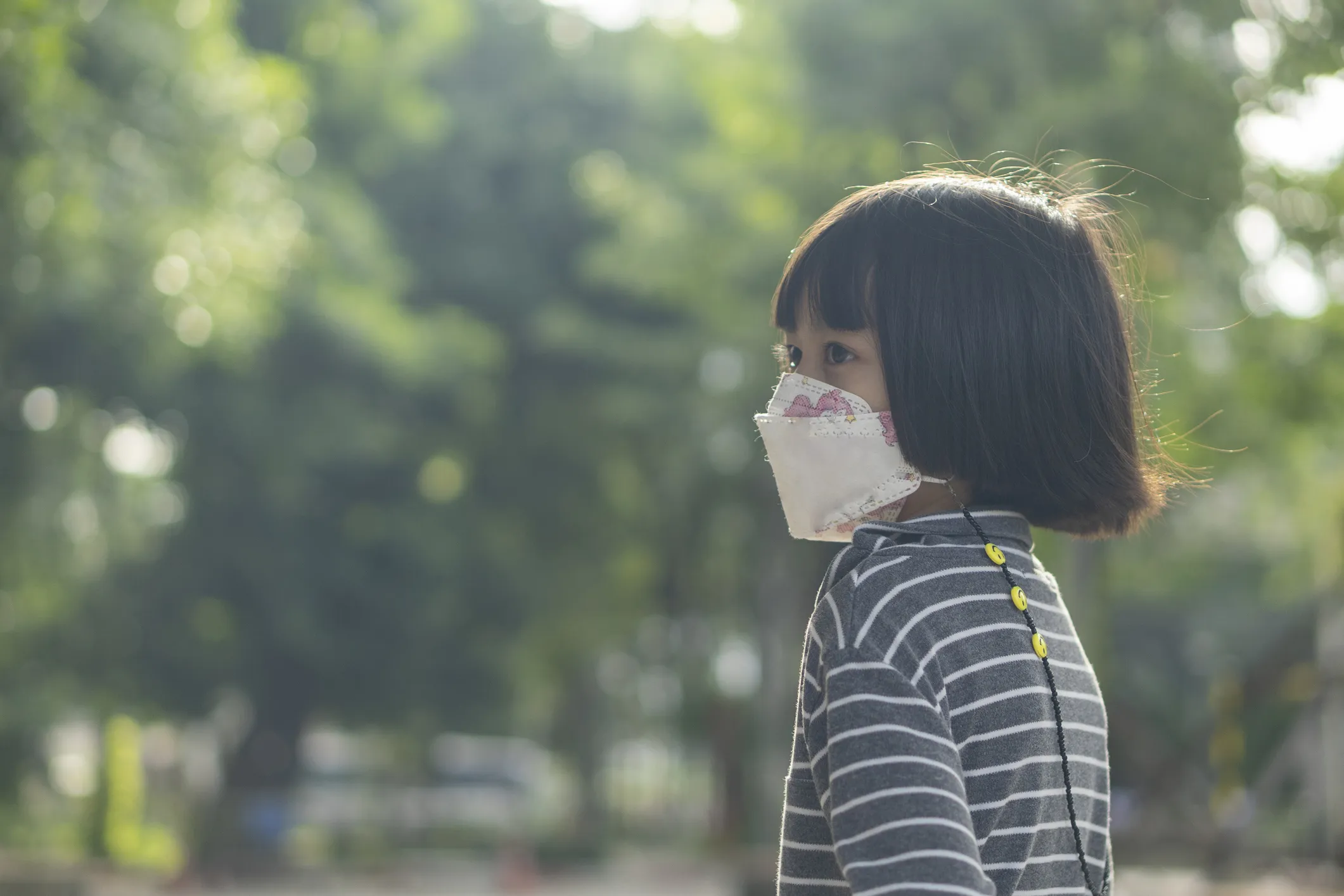



.webp?sfvrsn=a6d32366_7)

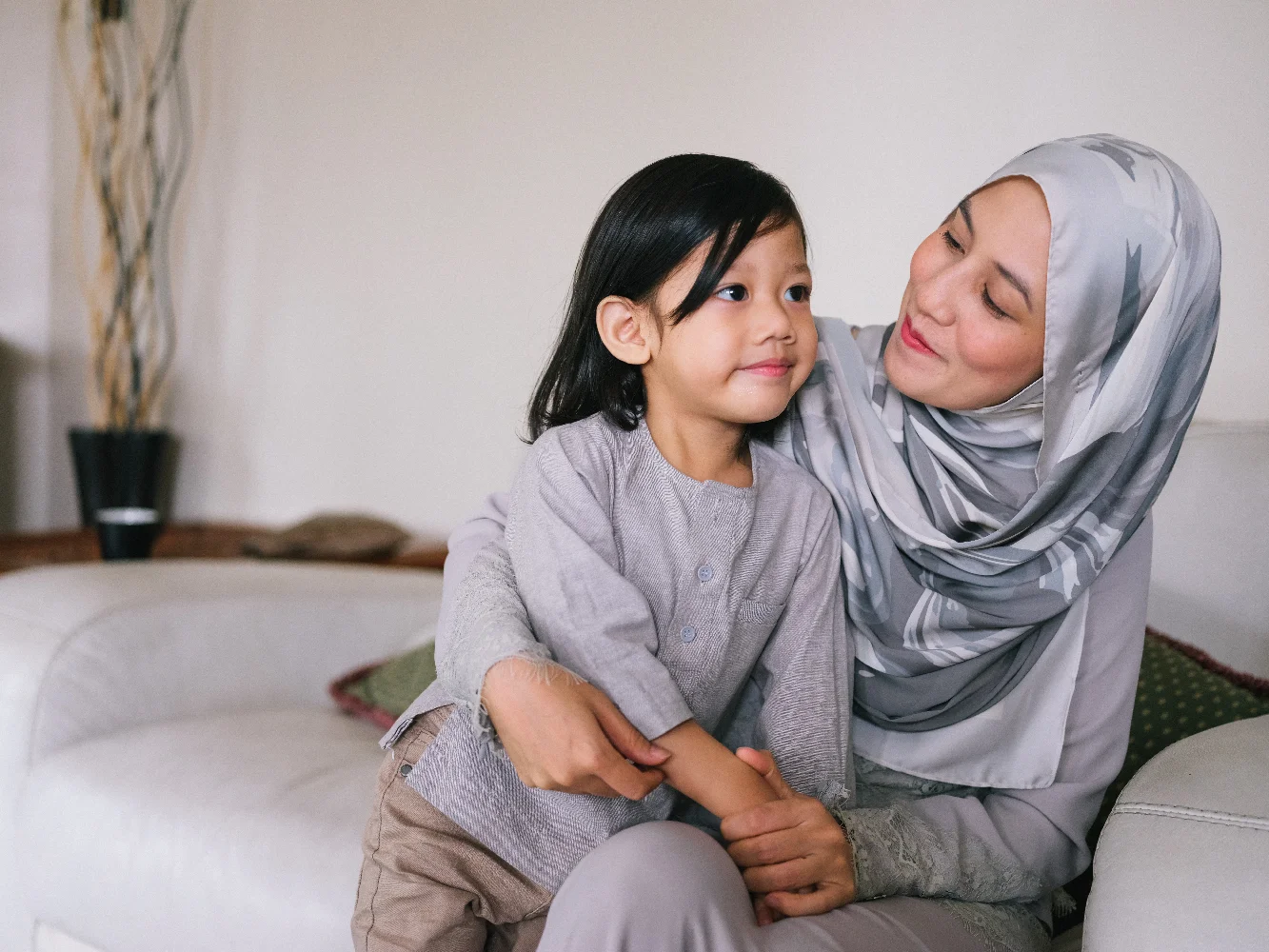






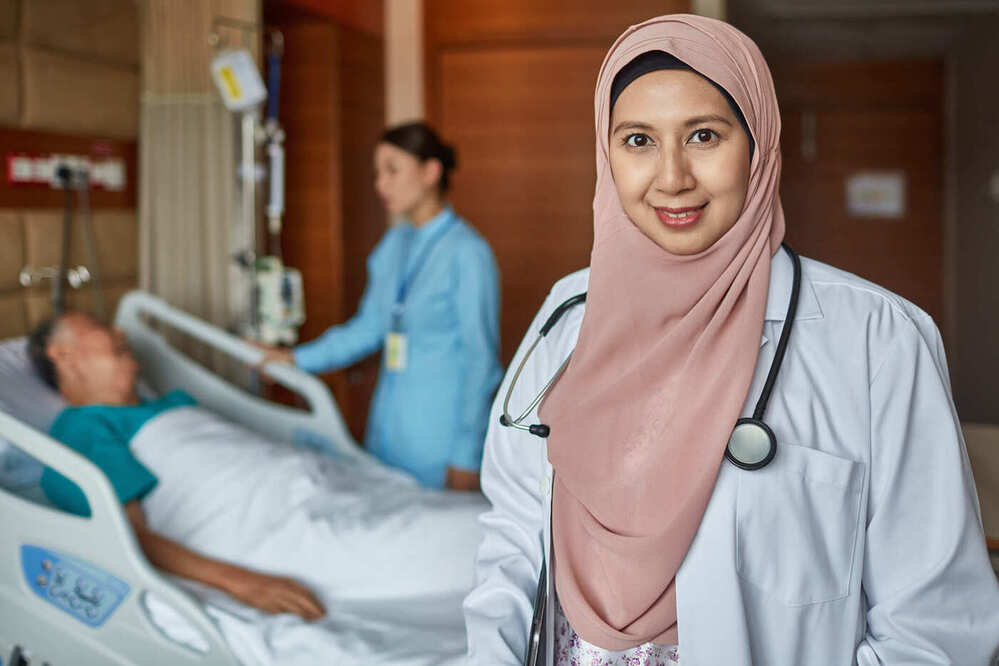

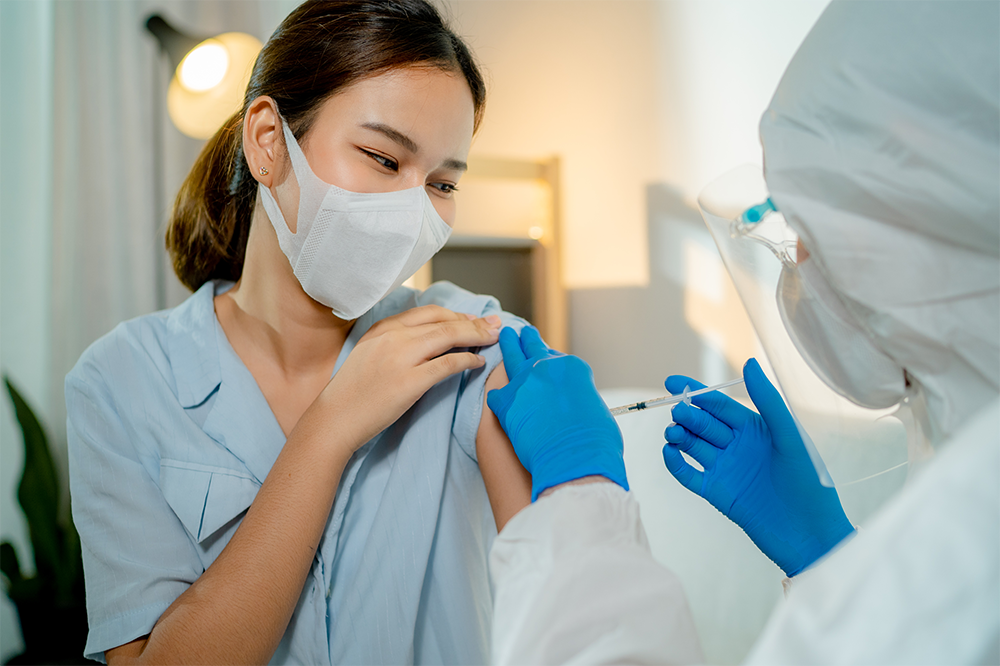






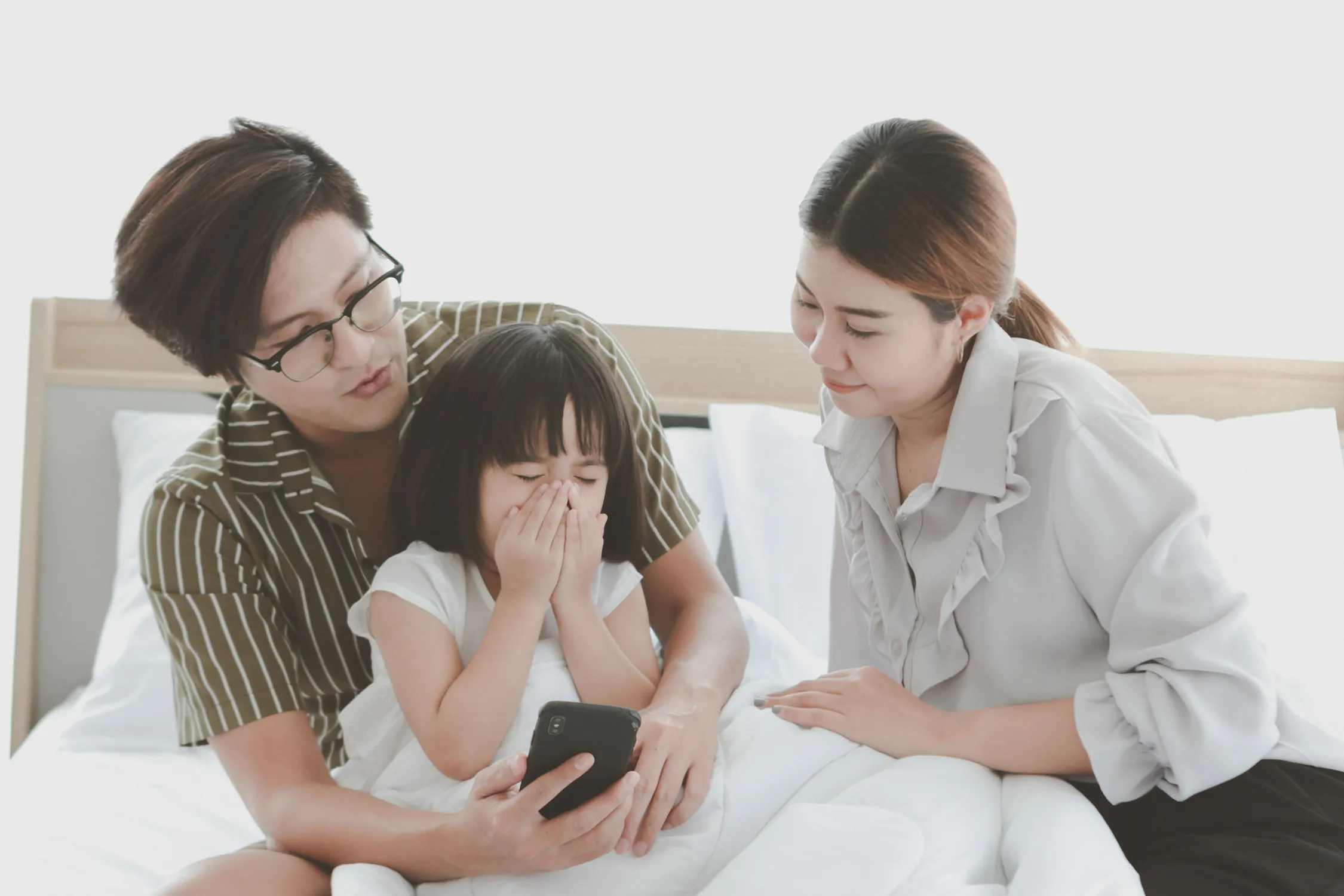







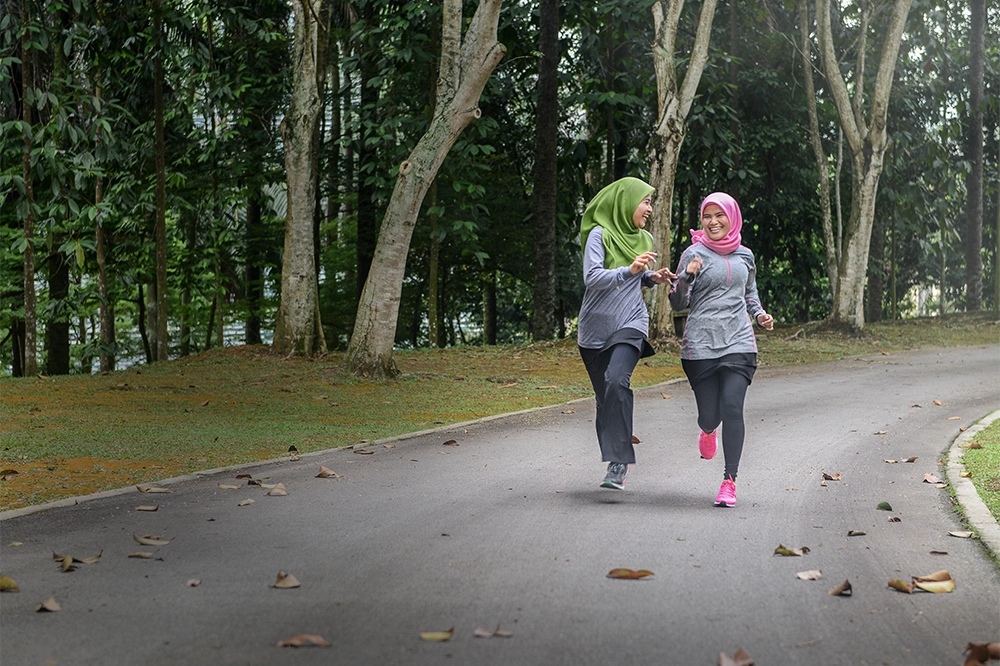









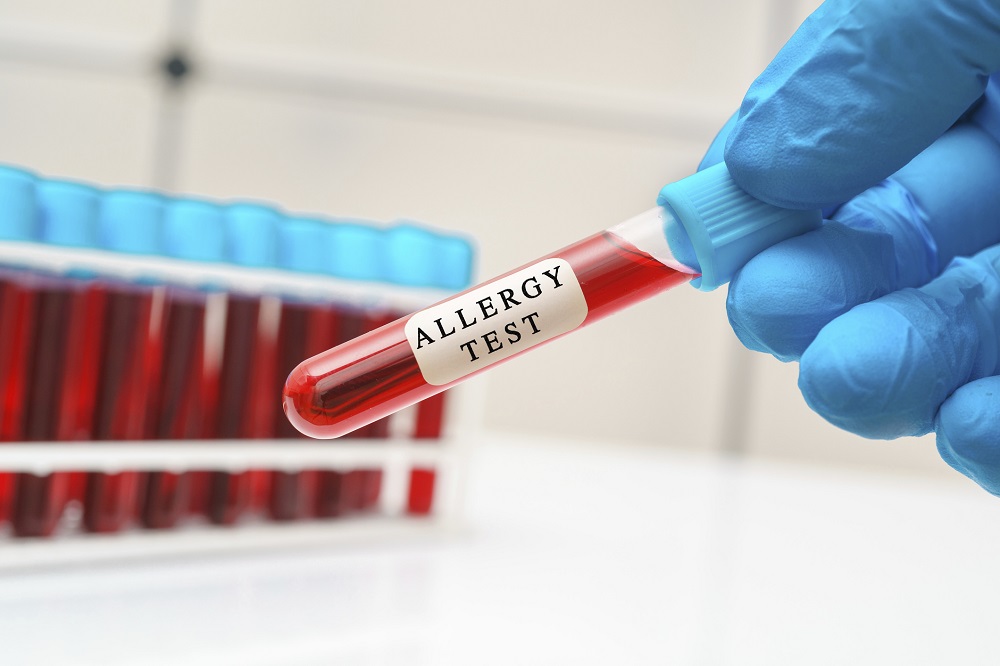
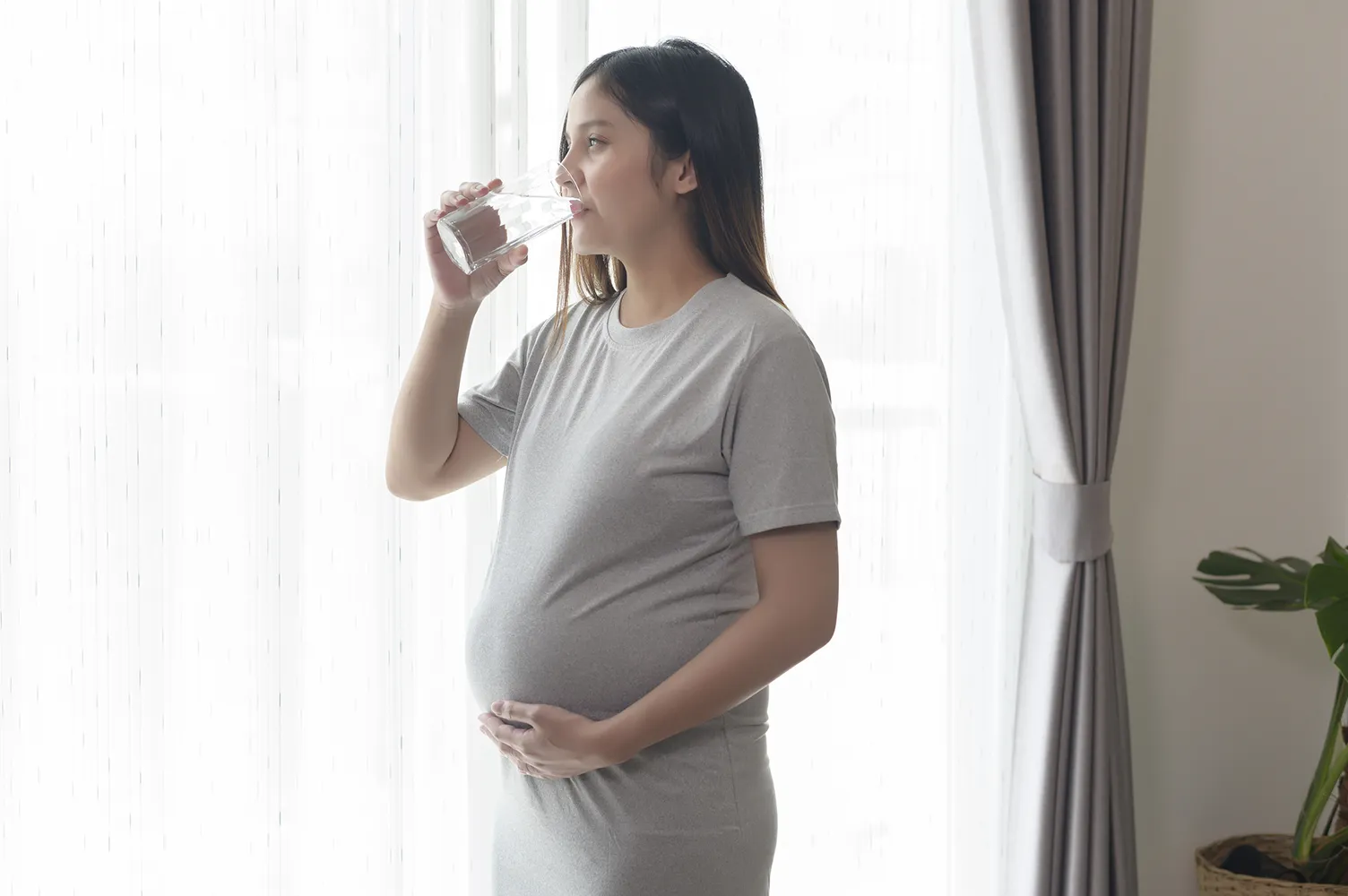



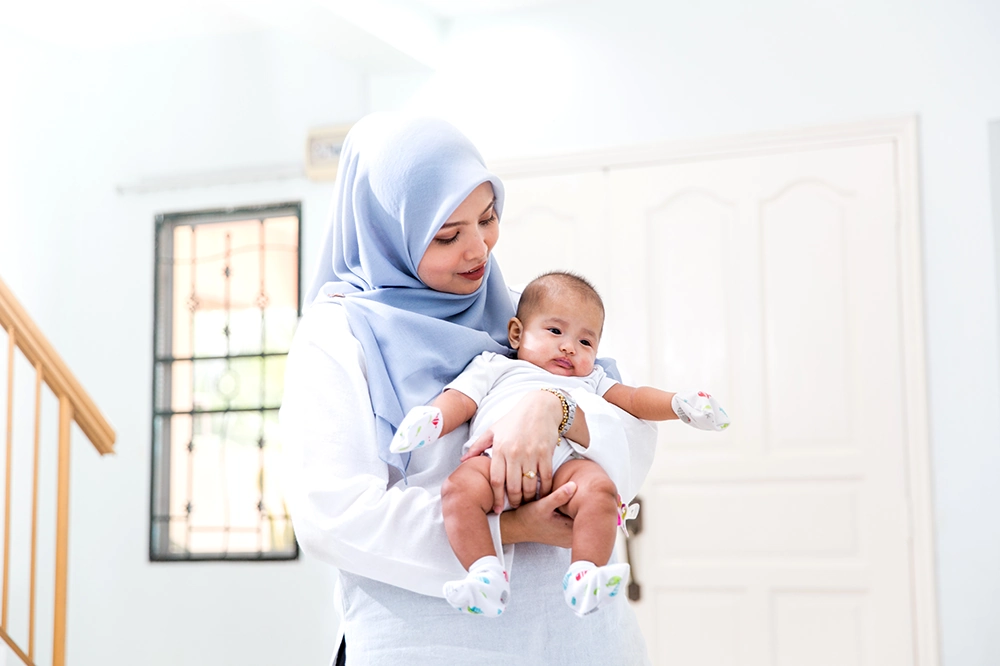
.webp?sfvrsn=91e22b26_8)


